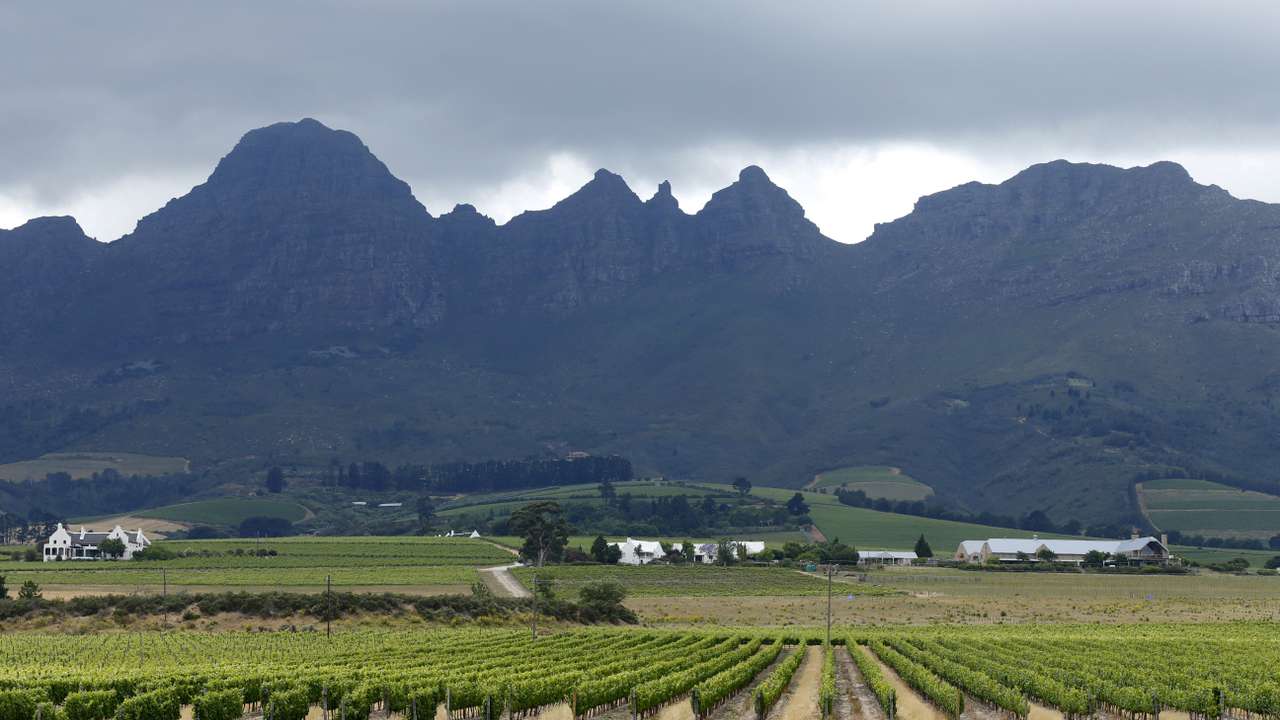South Africa's white farmers would be among victims if Trump ends growth bill

By Tim Cocks
Donald Trump's axing of aid to South Africa, in response to land reform policies he says will harm its white minority, has raised fears a trade deal may be next, though any such move would hurt the same farmers the U.S. president says he wants to help.
Under the Africa Growth and Opportunities Act, South Africa gets tariff-free quotas on agricultural exports including wine, citrus, soybeans, sugar cane and beef. The Act makes up about a quarter of its $15 billion annual trade with the United States. That compares with under $440 million in U.S. aid, in 2023.
"It is not clear whether the exporters are Black or white; we don't record such data," said Wandile Sihlobo, chief economist of the Agricultural Business Chamber of South Africa, but only a tenth of farm output is from Black farmers.
"The majority of white farmers (are) likely have a significant exposure into the U.S. market," he said.
Sihlobo said produce shipped to the United States makes up 4% of agricultural exports, equal to about $450 million a year, compared with 19% for the European Union and 38% to the rest of Africa.
But some producers, like those for citrus fruit and wine, are more exposed - the former made $134 million in 2022, 7% of the country's total, while the U.S. is its fourth largest wine market, Sihlobo said.
"It's not industry-ending ... but it's very unfortunate," said Justin Chadwick, Citrus Growers Association president, estimating U.S.-bound exports at 120,000 tonnes.
"We (would have) ... to find another home for that fruit ... and our other markets are pretty full."
'UNWISE'
The Africa Growth and Opportunities Act (AGOA) is up for review in September. Some Republicans want to punish South Africa for land reform, its genocide case against Israel and other actions such as naval exercises with Russia and China.
The U.S. State Department did not respond to a request for comment.
"We urge you to revoke South Africa's preference benefits, under the Act, four congressmen wrote to Trump on Feb. 11, CNBC news reported.
"There's a real likelihood that South Africa is not going to be included in a renewed AGOA," Chatham House senior research fellow Chris Vandome, said. "It's position is really fragile".
Trump singled out a law that President Cyril Ramaphosa signed last month enabling land expropriation - in rare cases without compensation - after decades of voluntary purchases barely dented inequalities between a white minority who own 75% of freehold land and majority Blacks with 4%.
Some farmers say the law violates property rights. Groups defending Afrikaners, descendents of Dutch settlers who make up the largest white ethnic group and own much of privately held land, have lobbied Republican politicians for years.
"It was unwise. They're shooting themselves in the foot," Foreign Minister Ronald Lamola told Reuters in an interview on Monday. "If AGOA is cut, it's a cutting of white farmers."
But Ernst Roets, then-lobbyist for Afrikaner group Afriforum, who travelled to the States in 2018 and brought the land issue to Fox News and some Republican officials - the year Trump first took an interest in it - said he had "no regrets."
"We're hoping for pressure on the South African government to reconsider its destructive policy ideas," Roets, now part of a different lobby group, said.
Not all agribusiness will lose if the Act gets chopped.
Poultry farmers struggling to "compete with dumping" of subsidised U.S. chicken imports under the Act would benefit, said Marthinus Stander, a board member of the South African Poultry Association.
This article was produced by Reuters news agency. It has not been edited by Global South World.